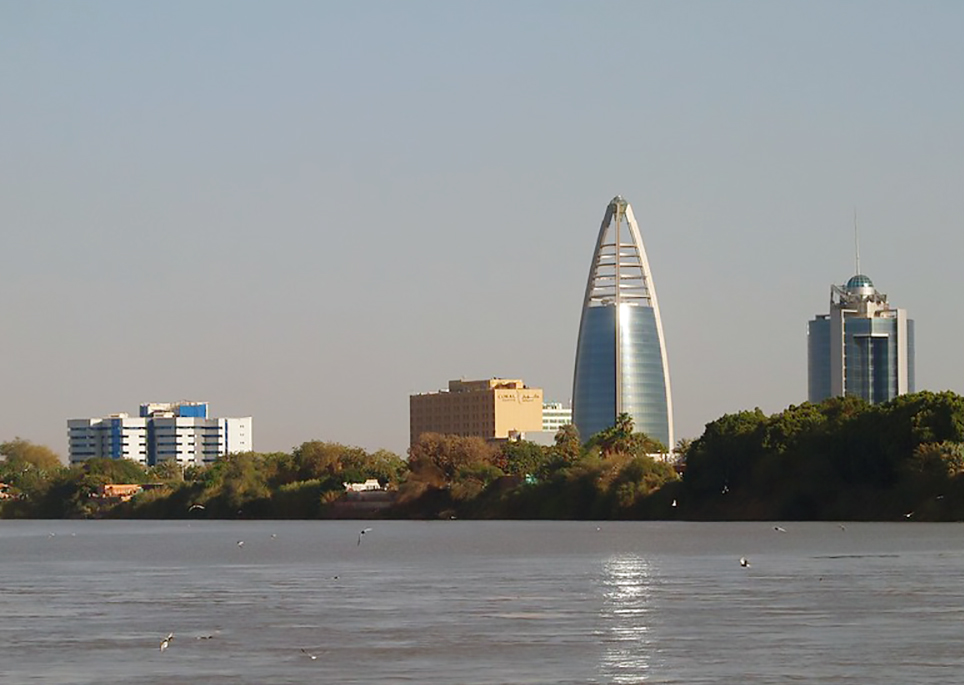
We have more right to Khartoum... and we are part of its builders
Yousif Hamad
Has your country calmed down... hasnt your country calmed down yet? The two question forms are one question I hear in multiple ways, and I keep receiving it from every person I meet who knows that I am from war-torn Khartoum. Because the question is difficult in several ways, I dont answer it except with a smile or a little comment on the recurring political rhetoric at the moment.
I am not a native of Khartoum, but I came to it thirty years ago as part of a group of people with various aspirations. More precisely, we are those whom the researcher Luluwa Ibrahim of Harvard University said about us (that we slowed down the expected revolution against the Islamic Brotherhood regime. If it wasnt for us, the residents of the capital could have ignited their revolution, and we were also the ones who ultimately triggered it).
Luluwa said that the urban transformation we contributed to (formed a favorable force working to either accelerate or slow down the regimes control over power... and while it strengthened the regimes power for about thirty years, this was countered by the changing ethnographic composition of the city).
In fact, Khartoum was home to about 3 million people until 1990, and its public facilities were designed for this number. But when we arrived, we turned it into a home and a place for the dreams of more than 10 million people, who eventually saw the city burn down around them.
Luluwas thesis clearly indicates that (while the National Congress Party regime benefited from urban transformation at certain periods, this transformation had unexpected results, which ultimately accelerated the change of the regime) through a documented peaceful revolution.
Perhaps based on Luluwa Ibrahims vision, I keep receiving this inquiring question about the state of the city and whether it has calmed down and rested from the war, and thus the questioner expects me to return to it at any opportunity! It also implies, at the same time, a reference to the starkness of this war; just as it started for no reason and without a convincing goal, it should vanish like a sudden fever.
During the repercussions of this war and the intensity of existential questions, it seemed to me that Khartoum is bigger than being just a bow of desert sand and the Nile River, as described by the architect Norberg Schulz. Rather, it was a special life that gave us the meaning of existence, the right struggle, and also the alleged struggle, and the heroic resistance! At any time, we have more right to ask about its condition: how and when will it calm down to rebuild anew?

